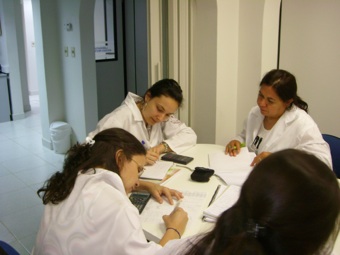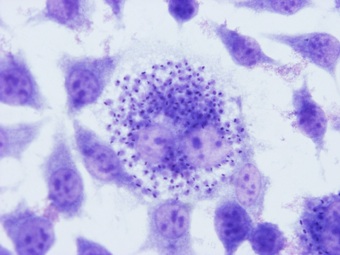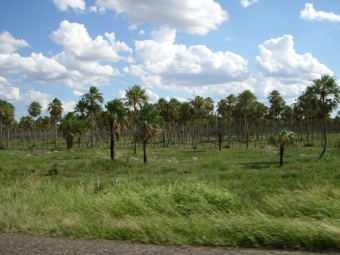Inicio | CEDIC | Investigacion | Proyectos | Alianzas | Publicaciones | Investigadores | Contactos | Blog


Knowledge of Paraguay's diversity of species and ecosystems.
If we want to preserve the health of biodiversity we need to understand it. The study of local biodiversity is an unavoidable task to ensure its conservation. Knowledge of local biodiversity benefits communities through the maintenance of goods that ecosystems provide, which directly or indirectly contribute to quality of life.
Sustainable uses and commercial applications of biodiversity resources.
Millions of people around the world depend partly or wholly on products collected from the ecosystem for medical purposes. The World Health Organization estimates that 85% of the world's population depends directly on plants for medicine and more than 25% of prescription medicines contain at least one active ingredient from angiosperm plants. This is why CEDIC seeks to strengthen reseach in the search for chemical substances and genes present in plants, insects, and microorganisms that can be used by the pharmaceutical, medical, biotechnological, cosmetic, nutritional, and agricultural industries.
Research and Development
Studies of the variability of diseases in humans and other species affected by environmental changes, [and the use of biodiversity resources to aid the people who live in affected communities.
Changes in the environment, climate change, and unrestrained anthropogenic activities are the primary mechanisms by which human beings are rapidly becoming a part of the ecological processes that are altering relationships between hosts and infectious agents. Currently, 70% of new or re-emerging infectious diseases affecting human populations are transmitted by wild animals and natural systems, and the majority of emerging zoonotic diseases are in the process of changing their patterns of transmission in line with the environmental changes taking place.
Strengthening local
Capacities.
To address this global situation it is necessary to strengthen local capabilities by giving them tools to contribute to our knowledge of biodiversity and the different processes that work within it, as well as the interactions between different species and the diseases that arise in human populations as a result of this contact.
Establishing links with National and International Institutions.
CEDIC is interested in joining forces with international organizations to avoid duplicating activities while at the same time strengthening the same fields of activity where the impact of the health-environment dyad has been positively reinforced. Partnerships with other national organizations, including universities, public institutions, and foundations, strengthen our core mission and allows growth through the formation of ties that contribute to knowledge translation.









Español
Home | CEDIC | Research | Projects | Partners | Publications | Researchers | Contacts | Blog
© Copyright to Centro para el Desarrollo de la Investigación Científica - Asunción - Paraguay - 2010
Design and Maintenance rolonhugo@gmail.com Translation made by Amanda VanSteelandt alvanste@asu.edu